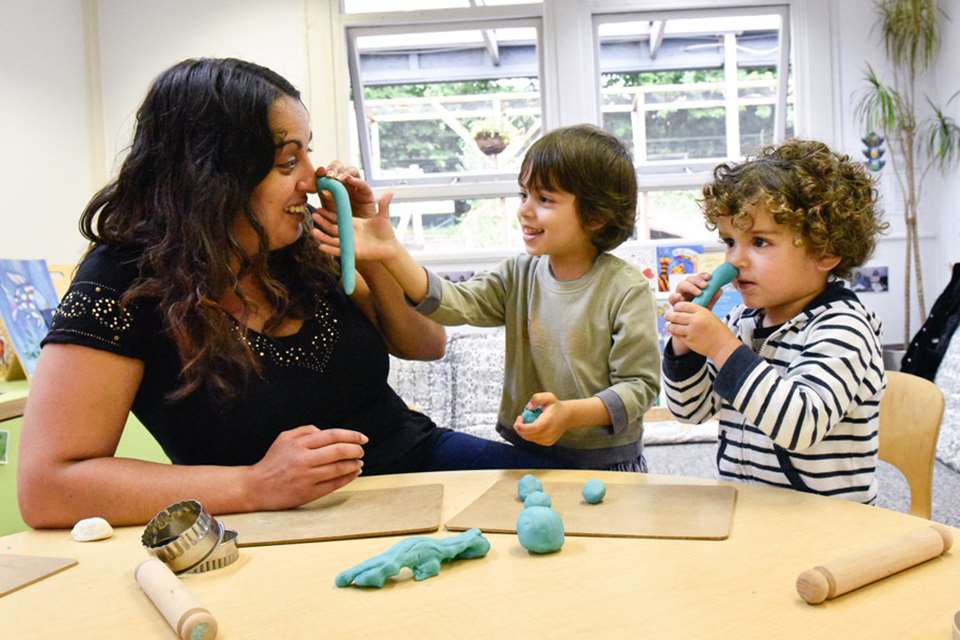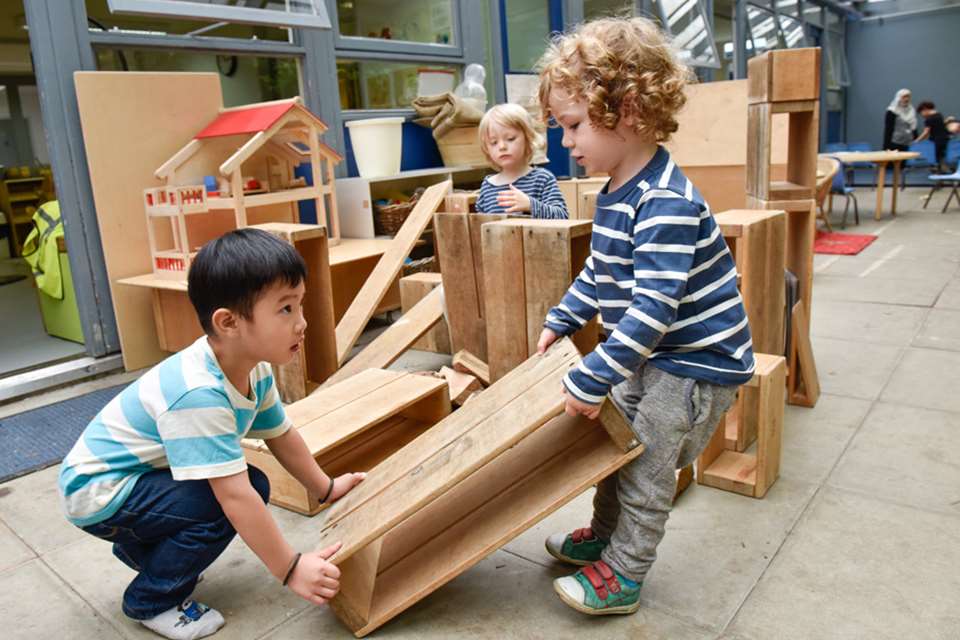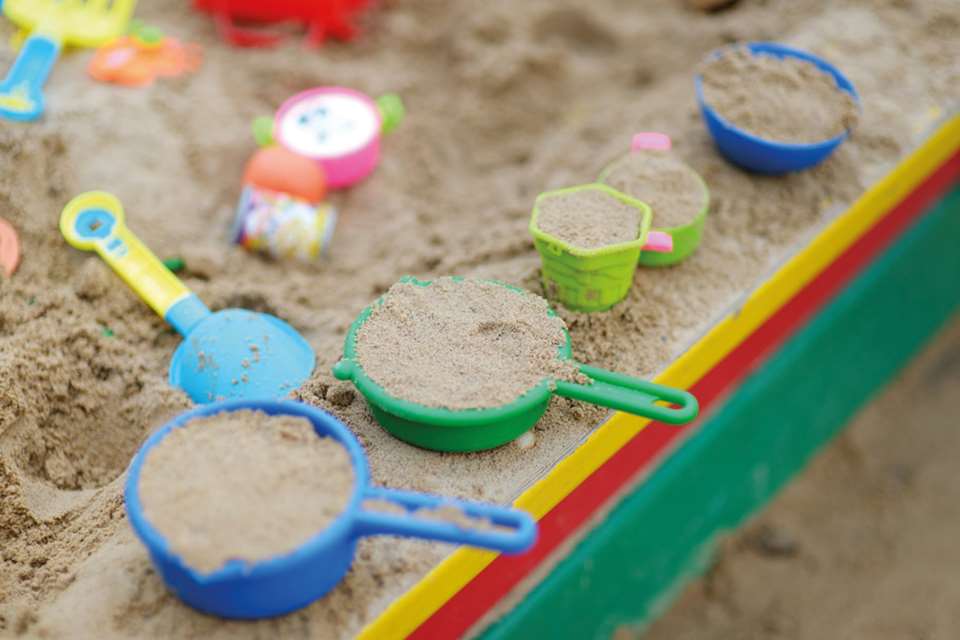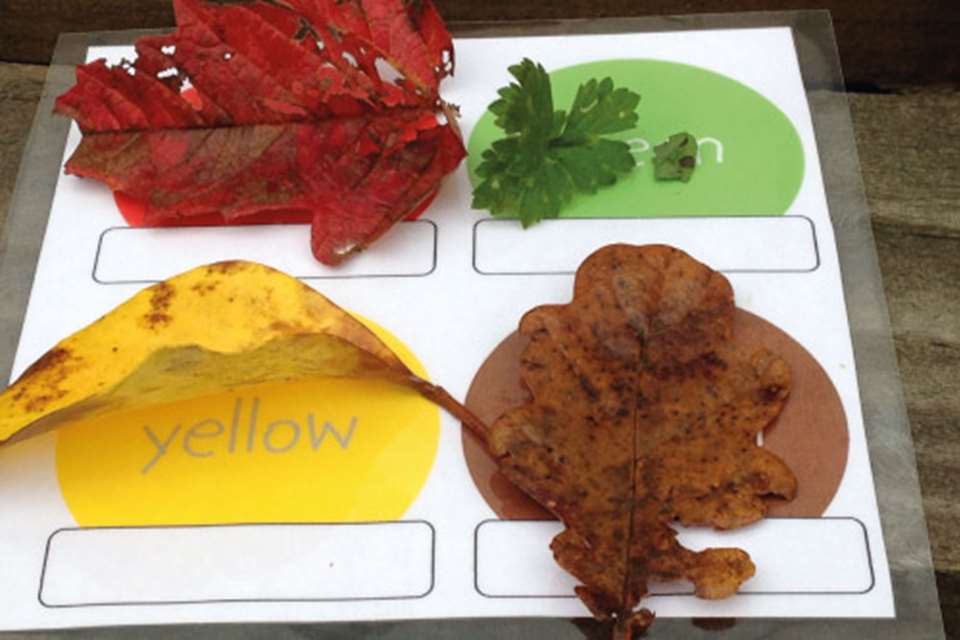Home Learning - A parent’s guide to… number
Penny Tassoni
Monday, February 6, 2017
Introducing young children to the concept of number should be easy and entertaining. Penny Tassoni provides some tips

One of the concepts that your child will need to learn about is number. The good news is that very young children appear to have a natural interest in number. This is why at a surprisingly early age a child will notice if another is given more of something than them. The age-old cry of ‘It’s not fair!’ is linked to children’s interest in quantity.
FIVE THINGS PARENTS NEED TO KNOW
1. A learning journey
There are many aspects to learning about number, so see it as a journey. The starting point for toddlers is an understanding of ‘more’ and ‘all gone’ (zero). Children also have to learn the names of numbers (one, two, three…) and what the names actually stand for.
Understanding what a number really means often takes children longer than adults expect. It is one reason why a child who can count aloud to ten might find it hard to pick out and count four objects, or may say that ‘six’ is more than ‘nine’. Most children will be aged five or so before the basics of recognising number and having some understanding of adding and subtracting is in place.
2. Doing and seeing
As learning about number becomes increasingly abstract, one way in which children can be helped to understand is to spend a lot of time in the early years touching, doing and experiencing number. This is why nurseries encourage children to handle objects and play simple games rather than to do sums. Children who later do well in mathematics tend to have had a strong ‘touch and feel’ start to their mathematical journey.
3. Everyday routines
The more children hear, talk about and experience number when they are very young, the more confident they become in all things mathematical. This is why many nurseries create routines where children are regularly counting or talking about number and quantity. This might be anything from counting the number of buttons when being helped to put on their coat to counting the steps as children are walking up them.
4. Brain development
As with all aspects of child development, the speed at which children acquire concepts and skills is partly related to brain development. As their brains grow and develop, their ability to think changes too. This is one reason why despite practice and an explanation, there are often times in learning about number when a child cannot seem to ‘get’ or ‘see’ something that is actually very straightforward. A good example is the constancy in number. A child may be able to count a group of four dinosaurs, but not ‘see’ that if the same dinosaurs are laid out in a square, the quantity has not changed.
5. Stress-free
Another factor in children’s ability to learn about number is stress. Children who lose confidence or feel under pressure to get the right answer are more likely to become stressed. Sadly, when stressed, they are more likely to find learning and understanding concepts difficult. Stress also affects how well children remember things. The impact of stress on children means that the most effective approach to teaching your child about number will be to keep it fun and pleasurable.
HELPING YOUR CHILD LEARN ABOUT NUMBER
Share counting rhymes
A great introduction to learning about number and to develop the skill of counting is through rhymes. While your early years setting will probably focus on rhymes, the more you do at home the better. You can sing or say rhymes in a car, on a bus or walking down the street. If you don’t know many counting rhymes, look online. There are plenty of YouTube videos, but also websites such as https://champaign.org/kids/early-childhood where you can get ideas. As your child’s knowledge of number develops, look out for rhymes involving larger numbers.
Point out numbers
The great things about numbers is that they are everywhere. One of the ways that you can help your child is to simply point out numbers as you see them, from the number on your front door to the keypad in a Chip & Pin machine.
In the same way, there are plenty of things to count when you are out and about. You can count the number of animals that you see on the way to the shops or the number of vans that drive by. The more that you point out number and count, the more interested that your child is likely to become in exploring maths with you.
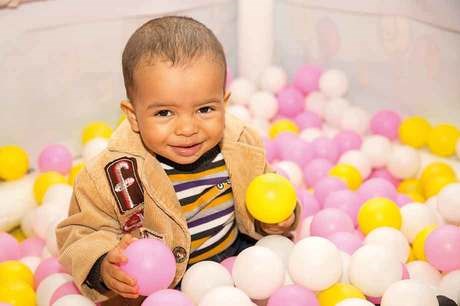 Use number around the home
Use number around the home
Most children love helping out. Encouraging your child to do a few things with you around the home is also a great way of helping them to ‘do’ number. You could ask your child to fetch you a certain number of potatoes or to look out to see if there are enough plates or spoons on the table. If you take out laundry from the machine, your child could count the socks and put them in pairs. Even a little tidying-up can be made into a game. See who can be the fastest to pick up three items.
Play games
A great way to help older children enjoy and practise maths is through games. From around three years old, simple games such as pairs are worth looking at. Once your child is starting to recognise numbers and count, look out for simple board games involving dice and counters. Avoid complicated games or ones beyond your child’s skill level. While it may seem a good idea to ‘stretch’ your child, the danger is that it may not feel like a fun activity and so your child’s interest in learning may evaporate.


